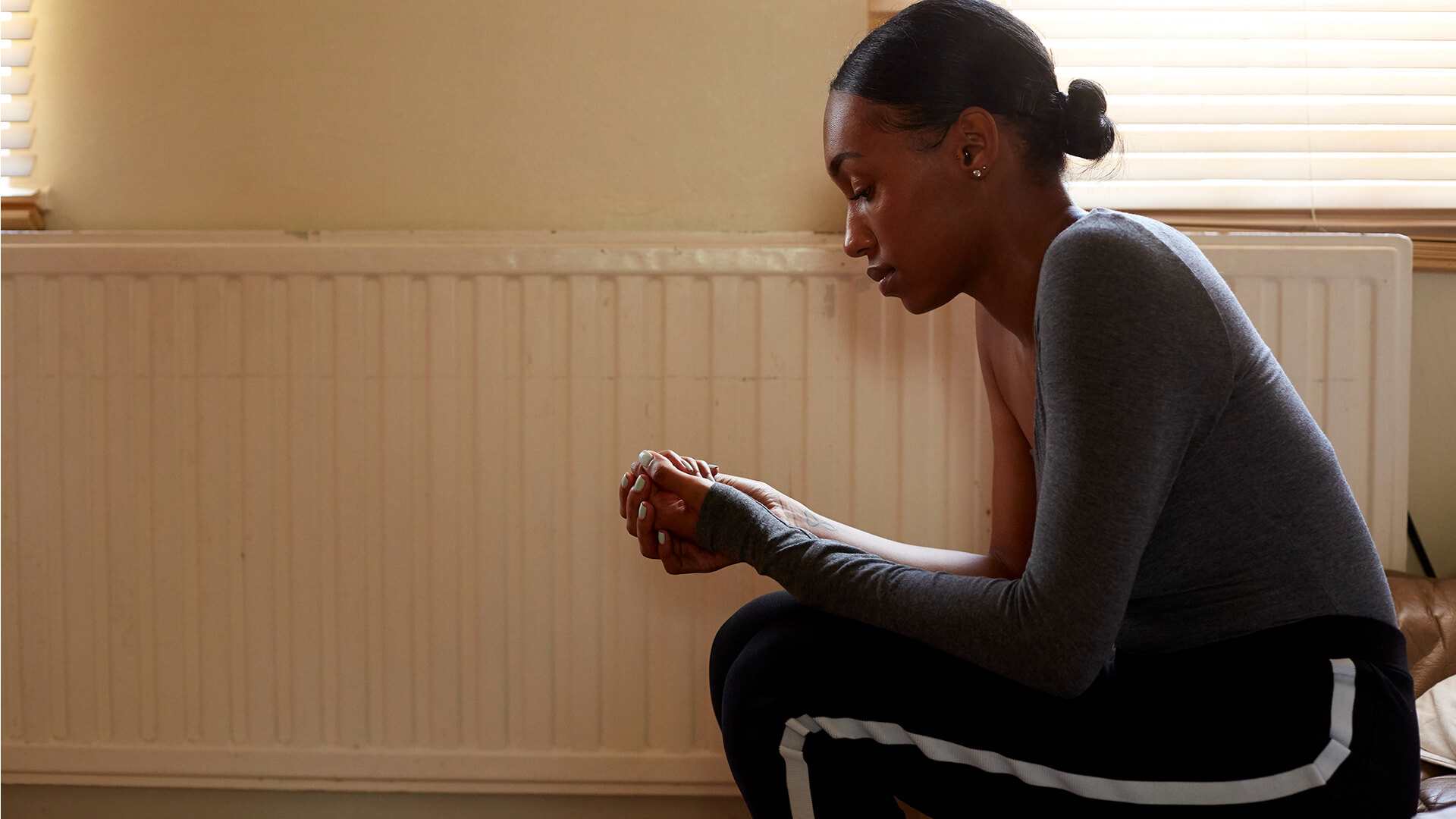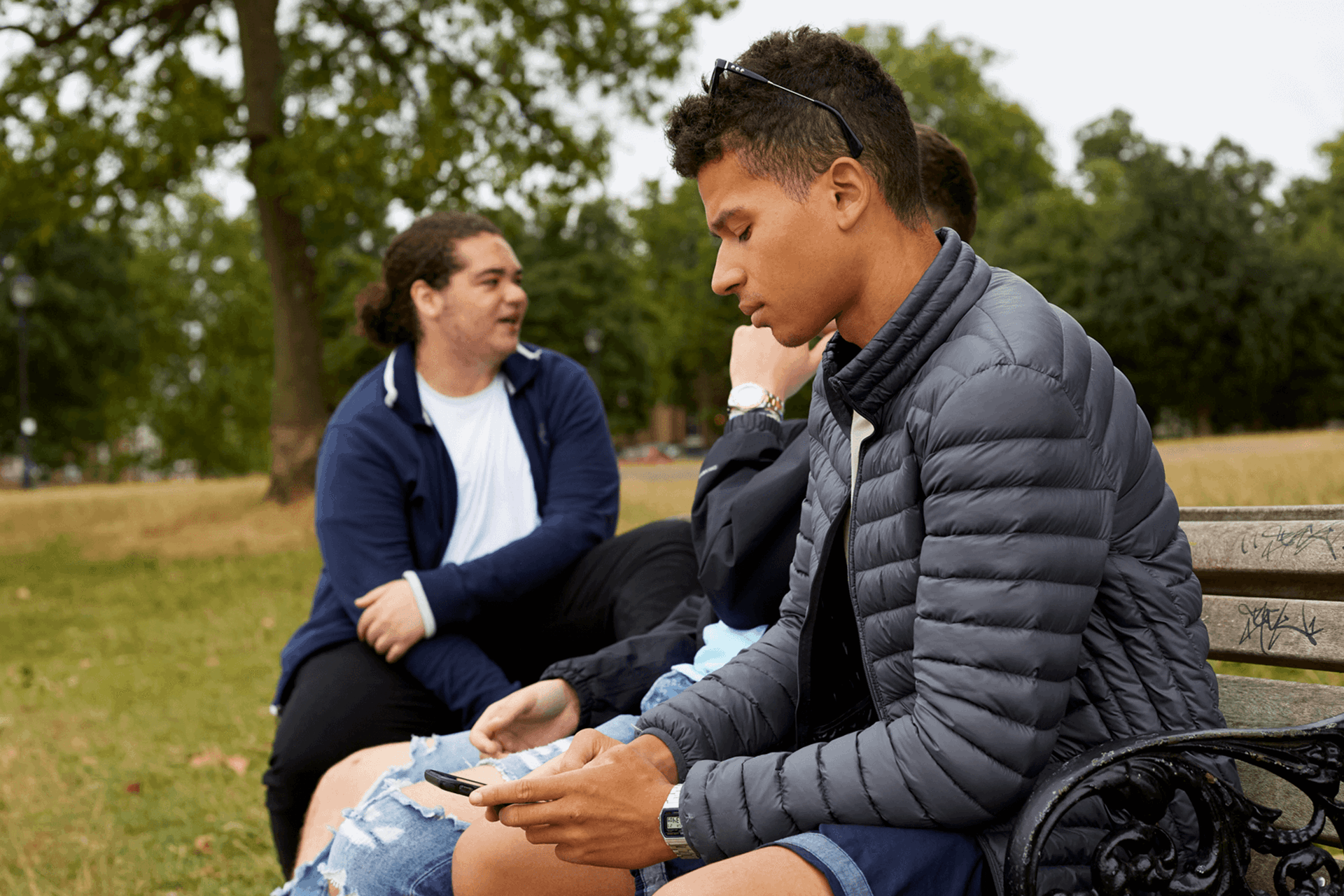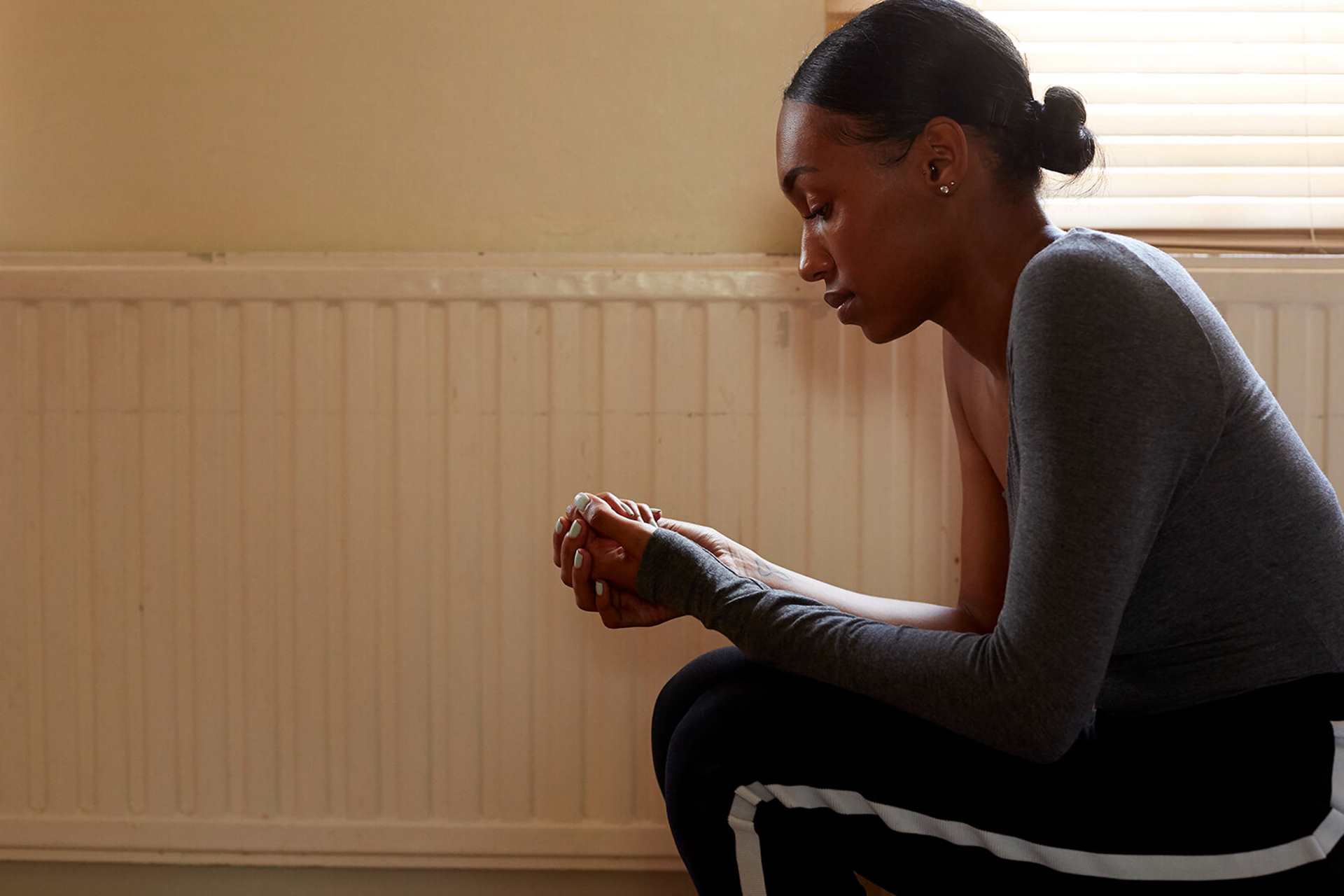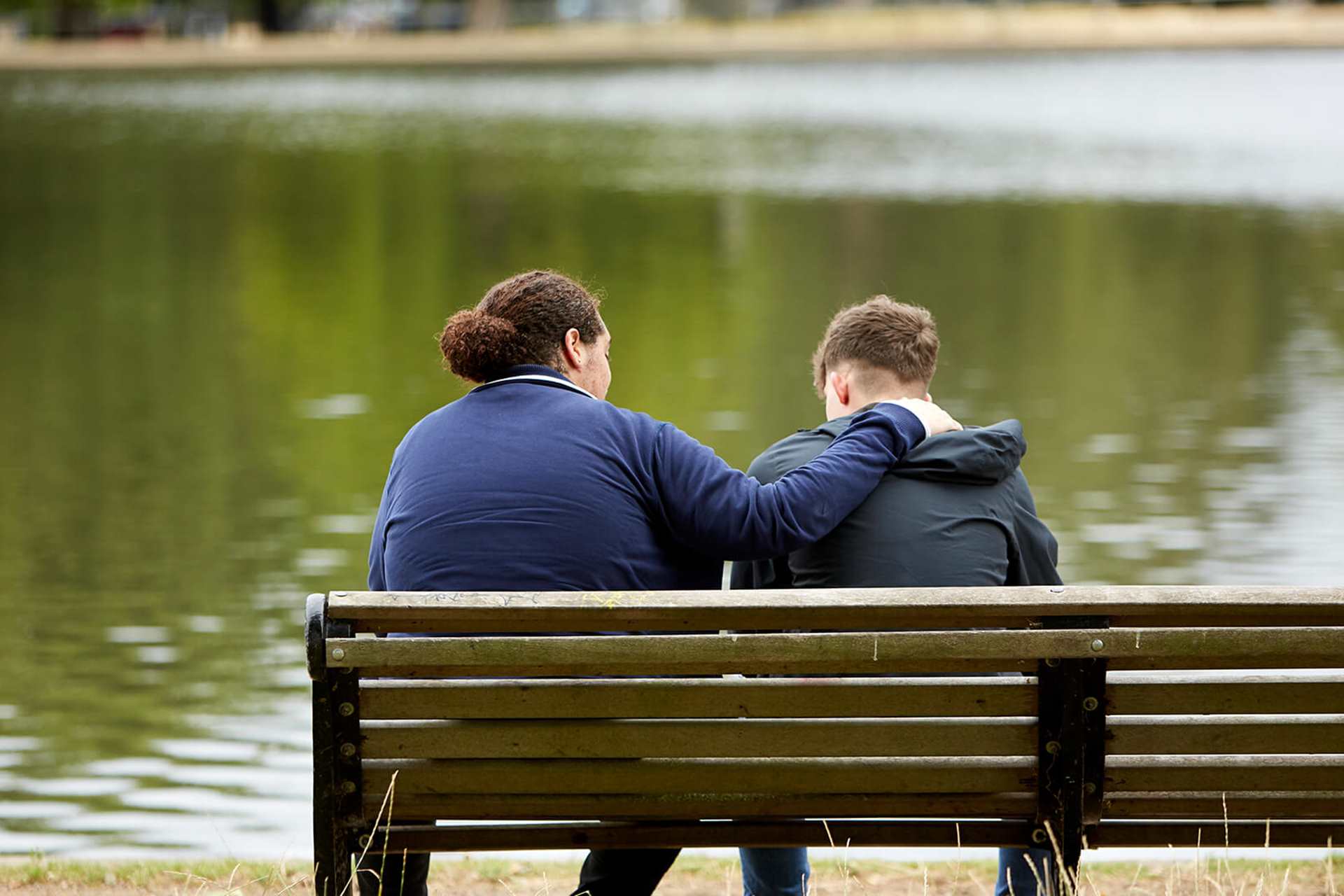Topics mentioned: grief and loss, reaching out for help
About: Grief can be complex; it doesn’t have a set timeline and we all grieve differently. This is something Laura experienced when she was grieving her dad.
Grief doesn’t just consist of sadness; grief can include any emotion, from anger, confusion or even relief
When I was younger, I always imagined grief as only occurring when you lost someone you loved.
I thought that if someone you loved died, you were sad, and if someone you didn’t love died, you didn’t care. But, when my dad – who I had a turbulent relationship with - took his own life a couple of years ago, I discovered that wasn’t the case. Losing someone who has had an important part in your life is difficult (whether that’s a parent, grandparent, mentor or peer) but it can become especially complex when that person didn’t have an entirely positive effect on your life. Here are four things I have learnt through my dad’s death:
No set definition of grief
Some people will say grief just applies to losing someone you love, others say it applies to losing anyone. It doesn’t just consist of sadness; grief can include any emotion, from anger, confusion or even relief. You might feel a mix of several things that can vary daily, possibly in a more extreme way than if someone you loved died. For example, when my Grandpa (who I loved) died of old age and illness, I felt a little guilty that I hadn’t done more to help him. I also felt really upset and a little glad he was no longer in pain. These emotions felt understandable and I found them easy to sort through.
However, when my dad died, I felt a mix of denial, anger, a lot of confusion, relief and sometimes sadness that I could barely even identify at the time, let alone work through. These feelings weren’t comfortable but they were acceptable. And if you have similar feelings, know that even if it seems like they’re consuming you, you will get through them, and maybe you’ll even learn to embrace them.
I felt a mix of denial, anger, a lot of confusion, relief and sometimes sadness that I could barely even identify at the time, let alone work through.
Your perceptions do not have to match other’s perceptions
It’s very likely that some people will love the person who mistreated you and want to praise them after their death. If they don’t know what’s happened to you (for example, practically no one knew my dad was abusive), and you are under no obligation to tell them. It’s completely dependent on whether you want to.
No matter what decision you make, you do not have to change your perceptions to match their perceptions. Do what you need to do in order to process your personal grief. It’s not selfish to practise self-care in this way, especially if you’re grieving.
Grief does not follow a set path
I feel like this probably applies to every type of grief. Right after my dad died, I would often turn to the internet for advice on grief. Several times, I came across the seven stages of grief and, for months afterwards, I would be waiting for each stage to occur, trying to find a hint of their presence. It wasn't helped that I'd met two stages, shock and denial (which are probably the most accurate two stages in terms of timing). However, for me, the denial is only just ending and has just been accompanied by bursts of random emotion – anger, fear, sadness, hopelessness – as well as a consistent sense of relief.
I can’t tell what emotion will pop up next, nor when. Some times will be overwhelming, but these are the times I feel I’ve made the most progress, becoming suddenly more accepting of the situation and my emotions. I personally haven’t found the seven stages of grief helpful; I prefer the quote ‘Grief is like the ocean; it comes in waves, ebbing and flowing. Sometimes the water is calm, and sometimes it is overwhelming. All we can do is learn to swim’.
Grief is isolating. Therefore, it can be easy to let things build up in your own mind but talking to people can be helpful.
Talk
Grief is isolating. Therefore, it can be easy to let things build up in your own mind but talking to people can be helpful. I’ve been fortunate enough to have professional support since my dad’s death, through a charity and CAMHS, but I’ve also found talking to teachers at school and my friends useful. You could also talk to a family member if you’re comfortable with them.
To conclude, take grief (whatever that may look like) at your own pace, try not to pass judgements on your feelings and talk. Remember, this may be tough but so are you.
More information and advice
We have tips and advice to help you find the support you need. Take a look at our guides.
Where to get help
However you're feeling, there are people who can help you if you are struggling. Here are some services that can support you.
-
Winston's Wish
Offers practical support and guidance to bereaved children, their families and professionals.
Online chat service also available on their website.
- Opening times:
- 8am-8pm, Monday - Friday
-
Hope Again
Cruse Bereavement Care’s website for young people experiencing grief.
Has lots of personal stories from young people who have lost someone, as well as information and advice.
- Opening times:
- 9:30am - 5pm, Monday - Friday
-
Let's Talk About Loss
Let's Talk About Loss supports 18-35 year olds who have been bereaved of anyone, at any time.
They run monthly, peer-led meet ups all over the country and there is one online too, so wherever you are, you can access support. They talk about grief in a relaxed, fun and safe space with others of the same age who 'get it'.






